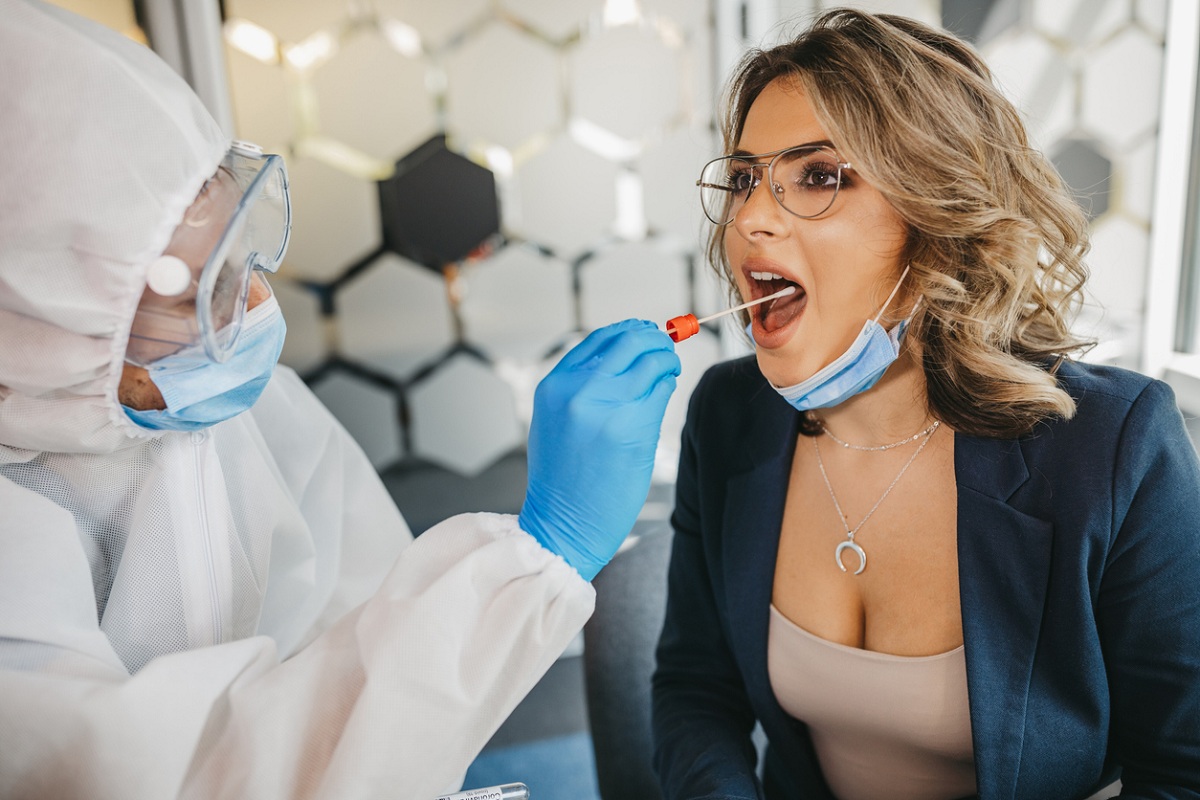Testing half the population weekly with inexpensive, rapid-turnaround Covid-19 tests would drive the virus toward elimination within weeks — even if those tests are significantly less sensitive than gold-standard clinical tests, claim researchers.
“Our big picture finding is that, when it comes to public health, it’s better to have a less sensitive test with results today than a more sensitive one with results tomorrow,” said study lead author Daniel Larremore from the University of Colorado Boulder in the US.
Advertisement
“Rather than telling everyone to stay home so you can be sure that one person who is sick doesn’t spread it, we could give only the contagious people stay-at-home orders so everyone else can go about their lives,” Larremore added.
For the study, published in the journal Science Advances, the research team teamed up with the Harvard University to explore whether test sensitivity, frequency, or turnaround time is most important to curb the spread of Covid-19.
The researchers scoured available literature on how viral load climbs and falls inside the body during infection, when people tend to experience symptoms, and when they become contagious.
They then used mathematical modeling to forecast the impact of screening with different kinds of tests on three hypothetical scenarios: in 10,000 individuals; in a university-type setting of 20,000 people; and in a city of 8.4 million.
When it came to curbing spread, they found that frequency and turnaround time are much more important than test sensitivity.
For instance, in one scenario in a large city, widespread twice-weekly testing with a rapid but less sensitive test reduced the degree of infectiousness of the virus by 80 per cent.
But twice-weekly testing with a more sensitive PCR (polymerase chain reaction) test, which takes up to 48 hours to return results, reduced infectiousness by only 58 per cent.
When the amount of testing was the same, the rapid test always reduced infectiousness better than the slower, more sensitive PCR test.
That’s because about two-thirds of infected people have no symptoms and as they await their results, they continue to spread the virus.
“This paper is one of the first to show we should worry less about test sensitivity and, when it comes to public health, prioritize frequency and turnaround,” said senior co-author Roy Parker.
The study also demonstrates the power of frequent testing in shortening the pandemic and saving lives.
In one scenario, in which four per cent of individuals in a city were already infected, rapid testing three out of four people every three days reduced the number ultimately infected by 88 per cent and was “sufficient to drive the epidemic toward extinction within six weeks.”
“It’s time to shift the mentality around testing from thinking of a Covid test as something you get when you think you are sick to thinking of it as a vital tool to break transmission chains and keep the economy open,” Larremore said.











